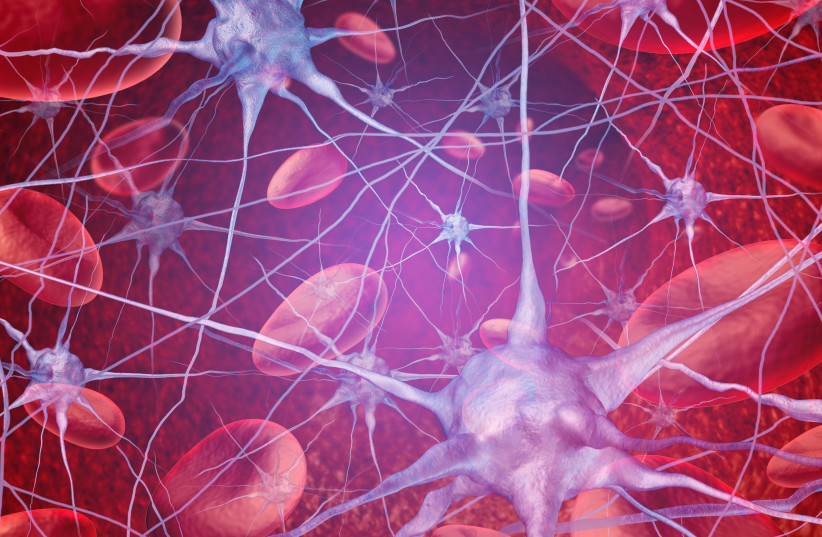A new study has concluded that a person's life may flash before their eyes while undergoing a near-death experience.
The peer-reviewed study was published in the journal Frontiers in Aging Neuroscience in February.
The study primarily focused on an 87-year-old man who was undergoing cardiac arrest. Researchers found evidence that the brain may be capable of generating "coordinated activity during the near-death period."
The researchers conducted electroencephalography (EEG) scans on the patient and noticed a large increase in gamma activity in the brain during the event, which, in addition to alpha, beta, delta and theta oscillations, could indicate that the brain was trying to remember important life events before death, Dr. Ajmal Zemmar, a neurosurgeon at the University of Louisville and one of the researchers, told Bloomberg.
“Through generating oscillations involved in memory retrieval, the brain may be playing a last recall of important life events just before we die, similar to the ones reported in near-death experiences,” Zemmar said. “These findings challenge our understanding of when exactly life ends and generate important subsequent questions, such as those related to the timing of organ donation.”

Could this near-death brain activity be a phenomenon in other animals?
Although this experiment was the first of its kind to measure brain activity in a human subject while they were dying, similar changes in gamma activity have been observed in rats, suggesting that the near-death experience may be an interspecies biological response.
The study noted that the results were only based on a single case and used data from the brain of a patient suffering from seizures and swelling.
Zemmar said that he plans to investigate additional cases in the future.
“Although our loved ones have their eyes closed and are ready to leave us to rest, their brains may be replaying some of the nicest moments they experienced in their lives.“
Dr. Ajmal Zemmar, University of Louisville, Louisville, Kentucky
“Something we may learn from this research is: although our loved ones have their eyes closed and are ready to leave us to rest, their brains may be replaying some of the nicest moments they experienced in their lives,“ he added.
